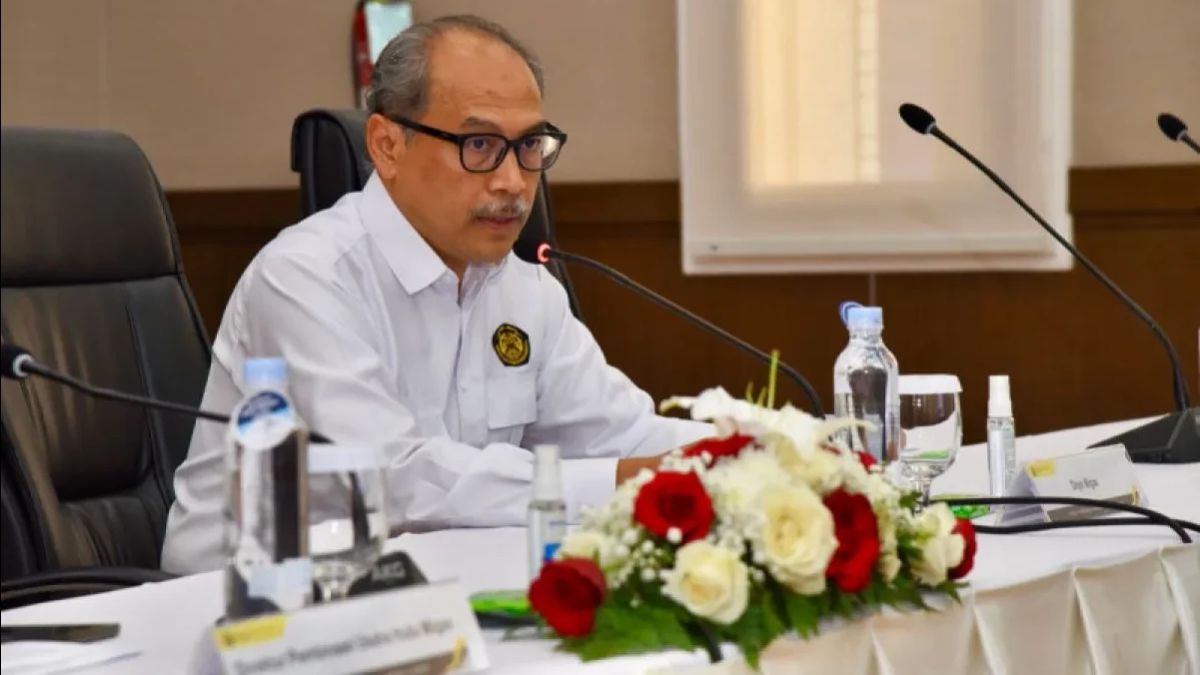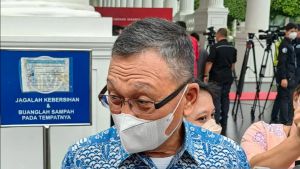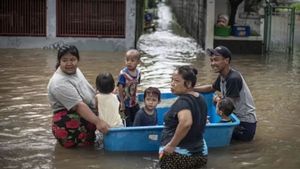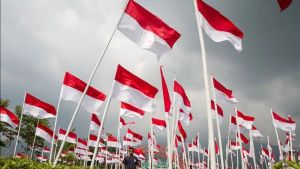JAKARTA - Director General of Oil and Gas (Migas) of the Ministry of Energy and Mineral Resources (ESDM) Tutuka Ariadji revealed, currently there are 15 carbon capture and storage (CCS) projects in the oil and gas sector that are currently in the study stage, and one of them is providing feeds.
"These projects require technology investment and financial collaboration," said Tutuka, quoted on Wednesday, September 13.
Tutuka added that Indonesia will support CCS and pioneer the implementation of CCS in Southeast Asia, following other Asian countries, such as Japan and China, which already have strategic plans and national policies related to CCS/CCUS. Thailand and Malaysia will also take steps to develop carbon storage laws.
"Indonesia remains a supporter of CCS and appears to be a pioneer in the implementation of CCS in Southeast Asia. The wide vision of CCS Indonesia is to provide a reduction in project levels, as well as open opportunities for countries to become storage facilities in the region," he said.
He said the Ministry of Energy and Mineral Resources was preparing a CCS regulatory framework outside of upstream oil and gas (oil and gas) activities.
The rules were set up to support emission reduction from other industries.
According to Tutuka, strengthening the framework of this regulation also allows Indonesia to become a CCS Hub in the Southeast Asia region.
Furthermore, he explained, if the oil and gas sub-sector would remain critical during the energy transition period.
Indonesia itself has set a national oil and gas production target by 2030, and at the same time strives to reduce greenhouse gas (GHG) emissions for the achievement of Net Zero Emission (NZE).
"With these two targets, CCS/CCUS can be the driver because it can increase oil and gas production through CO2-Enhanced Oil Recovery (EOR) or Enhanced Gas Recovery (EGR) while reducing emissions significantly," he continued.
Tutuka also said that the Ministry of Energy and Mineral Resources and the relevant Ministries are currently drafting a Presidential Regulation (R-Perpres) which is expected to be able to answer a number of needs in the future development of CCS.
The R-Perpres will include activating CCS outside the Oil and Gas Working Area. This regulation must also be able to open investment opportunities through the Licensing Mechanism.
"What is no less important is that this draft Presidential Regulation can enable the activation of CCS with CO2 sources from other industries," concluded Tutuka.
اقرأ أيضا:
Just so you know, previously the Ministry of Energy and Mineral Resources had issued Minister of Energy and Mineral Resources Regulation Number 2 of 2023 concerning the Implementation of CCS/CCUS on Upstream Oil and Gas Business Activities.
The scope of this regulation includes technical and legal aspects as part of Indonesia's upstream oil and gas business model.
The English, Chinese, Japanese, Arabic, and French versions are automatically generated by the AI. So there may still be inaccuracies in translating, please always see Indonesian as our main language. (system supported by DigitalSiber.id)











